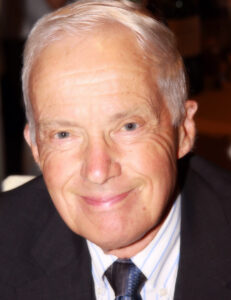Operational Excellence Training
This virtual or onsite 3-day interactive workshop was designed by Joe Bonem with specific industry case studies targeting individuals responsible for operations and operations support of process plants.
Operational Excellence Training

About Joe Bonem
Joe Bonem’s 5-decade career included all phases of chemical engineering from technology to plant problem solving. His technology experience included scaleup (both equipment and process), new technology reviews and process design. Plant activities were focused on chronic and seemingly unsolvable problems. Toward the end of his career with Exxon, he recognized the need to provide additional education for new graduates or experienced engineers moving into plant assignments to provide know how in solving difficult plant problems. Based on this need, he developed a problem solving course. After retirement from Exxon, he continued to be active in chemical engineering as a consultant and mentor. He has also authored 3 books – Process Engineering Problem Solving, Problem Solving for Process Operators and Specialists and Chemical Projects Scale Up: How to go from Laboratory to Commercial
This training includes both informal mentoring and a formal training course directed specifically at engineering problem solving. Participants will understand and apply operational excellence in process plans to improve feed rate, product quality and reliability to provide sustained competitive advantage. Our process experts with extensive industry experience, will explain the fundamentals of operational excellence based on key concepts and tools. Participants will achieve a working knowledge and understanding of Rosnik best practice approach for application in everyday job. Attendees will be enabled to apply problem solving techniques that have been proven to be successful. At the end of the course the attendee will be able to
- Develop techniques to find, define and solve process problems
- Formulate theoretically correct working hypotheses for typical process equipment such as pumps, compressors, heat exchangers/furnaces, fractionating towers, and reactors
- Formulate approaches to resolve conflicting data
- Utilize process simulation & other tools for trouble shooting
